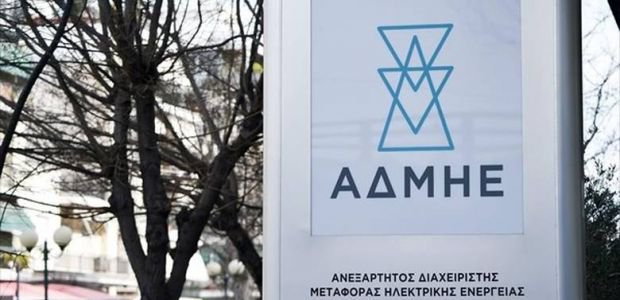IPTO, Greece’s power grid operator, and Euroasia Interconnector, both vying to secure control of the construction of Crete’s major interconnection, linking the island’s grid with Athens, will go into a meeting today, organized by RAE, Greece’s Regulatory Authority for Energy, under great pressure to reach an agreement. The two sides stand far apart at present.
Besides IPTO and Euroasia Interconnector, tomorrow’s meeting will also involve officials representing RAE, its Cypriot counterpart, the European Commission and ACER, the European Agency for the Cooperation of Energy Regulators.
A preliminary meeting staged yesterday made clear that the establishment of a partnership between IPTO and Euroasia Interconnector, based on the terms of a MoU signed by the two sides last October, is the only way of resolving the dispute.
One authority involved in the matter noted that the two sides will be given a limited amount of time, without the possibility of any extensions, to establish a partnership.
If this is not achieved, then RAE, fully supported by the European Commission, could either stage a tender offering the project’s development, proceed with a competitive procedure concerning its financing, or offer IPTO the project’s development, based on a specific schedule.
The MoU signed by IPTO and Euroasia Interconnector last October envisions a stake of at least 51 percent for IPTO in the project, 39 percent for Euroasia Interconnector, and 10 percent for private-sector investors. It also foresees the establishment of a special purpose vehicle (SPV) by the two firms to take on the project’s financing and development.
Euroasia Interconnector appears to be demanding equal powers for all technical matters and sub-contracts concerning the project.
The prospect of IPTO being responsible for sub-stations and the cable on the Greek side was discussed at yesterday’s preliminary meeting. In this case, Euroasia Interconnector will be exclusively responsible for technical matters concerning other segments of the project.
If such an arrangement is not agreed to, then the project’s procedures will need to recommence from scratch. Both sides would lose in this case as any new tender would attract additional investors for involvement in a project promising regulated and guaranted earnings.
The Euroasia Interconnector consortium insists it was formed to link the Greek, Cypriot and Israeli power grids via a Crete interconnection as an entire project, adding it has already been classified as an EU Project of Common Interest (PCI).





